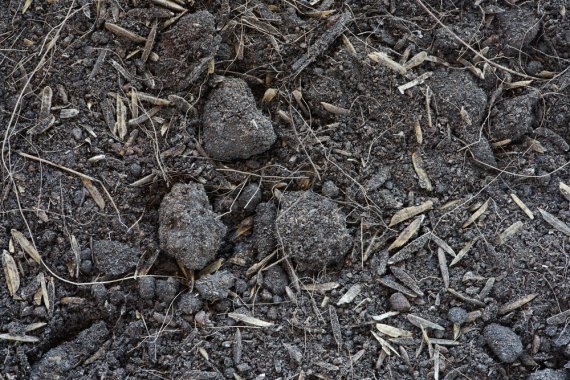©Shutterstock
More organic material in the soil does not automatically lead to more fertile soil or higher yields. But farmers who grow root or tuber crops in dry sandy soil or heavy clay soil do benefit from more organic material. These conclusions can be found in Renske Hijbeek’s PhD thesis.
The relationship between organic material and soil fertility is complex because soil biology and structure also play a role. Hijbeek analysed the results of 20 long-term experiments in several European countries. Organic fertilizer, compost, crop remains and green manure do not have a positive effect on crop yields on average.
However, the addition of organic material to dry sandy soil and heavy clay soil does improve the soil structure, says Hijbeek. In wet climates, the humus also increases yields. She finds a positive effect of 3 to 7 percent, depending on the conditions. She does not see that positive impact with cereal crops, only with root crops such as potatoes, sugar beets, onions and carrots. So in those cases it pays for farmers to invest in more organic material.
Hijbeek knows Dutch arable farmers take a positive view of organic material because of a survey among 435 farmers. Nine out of ten farmers want to increase the proportion of organic material. In clay soils, the organic material improves the soil structure and makes it easier to work, say the farmers, while in sandy soil the organic material captures more water. A negative aspect according to the farmers is that you get more weeds and pathogens on the plot as they are in the fertilizer and compost.
Increasing the amount of organic material in the soil is not easy because of the legislation on fertilizers. Organic fertilizers and compost contain nitrogen and phosphate and therefore have to be included in farmers’ fertilizer records. Hijbeek says this is why the call for more organic material in farming is often combined with a plea for a more flexible policy on fertilizers.

